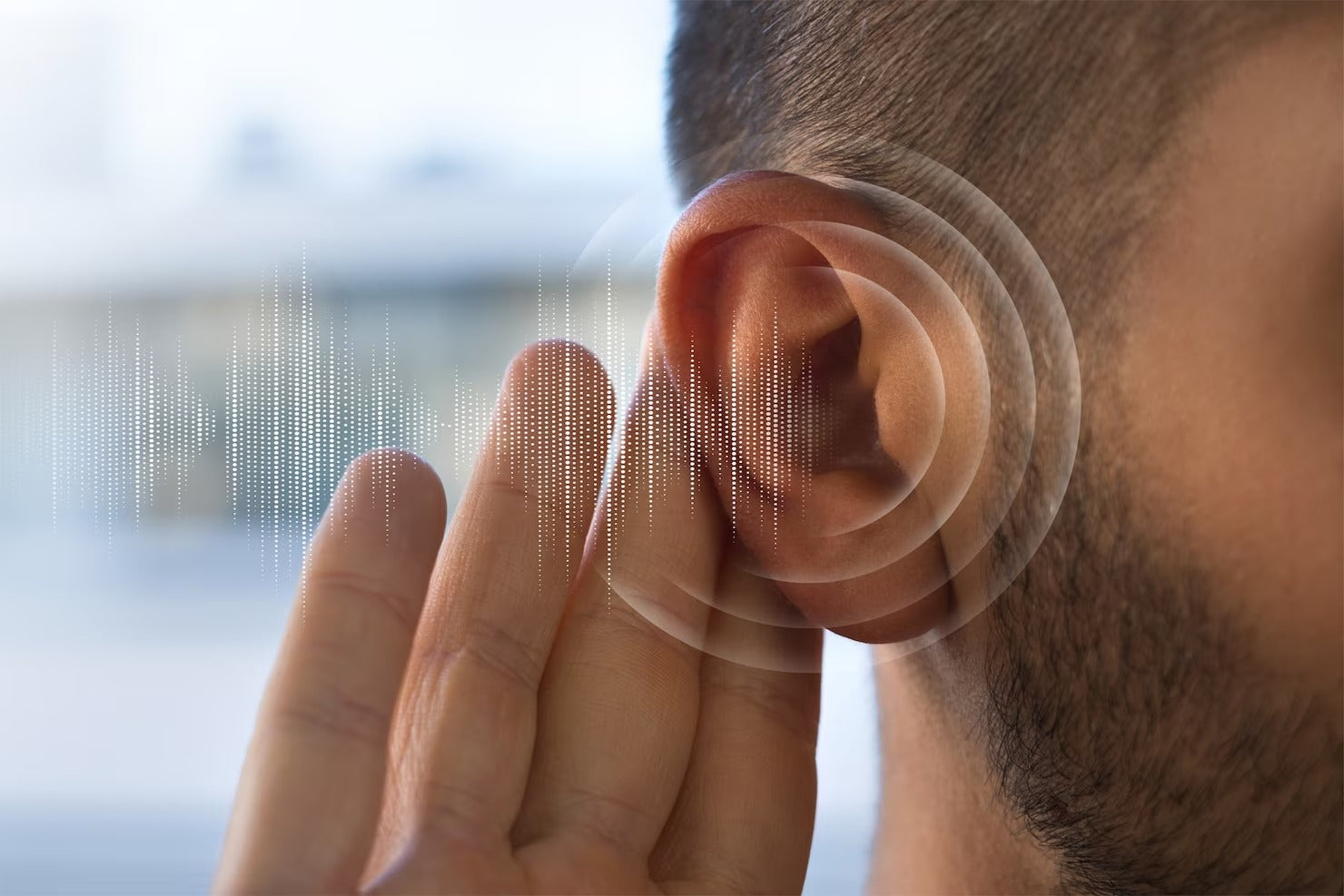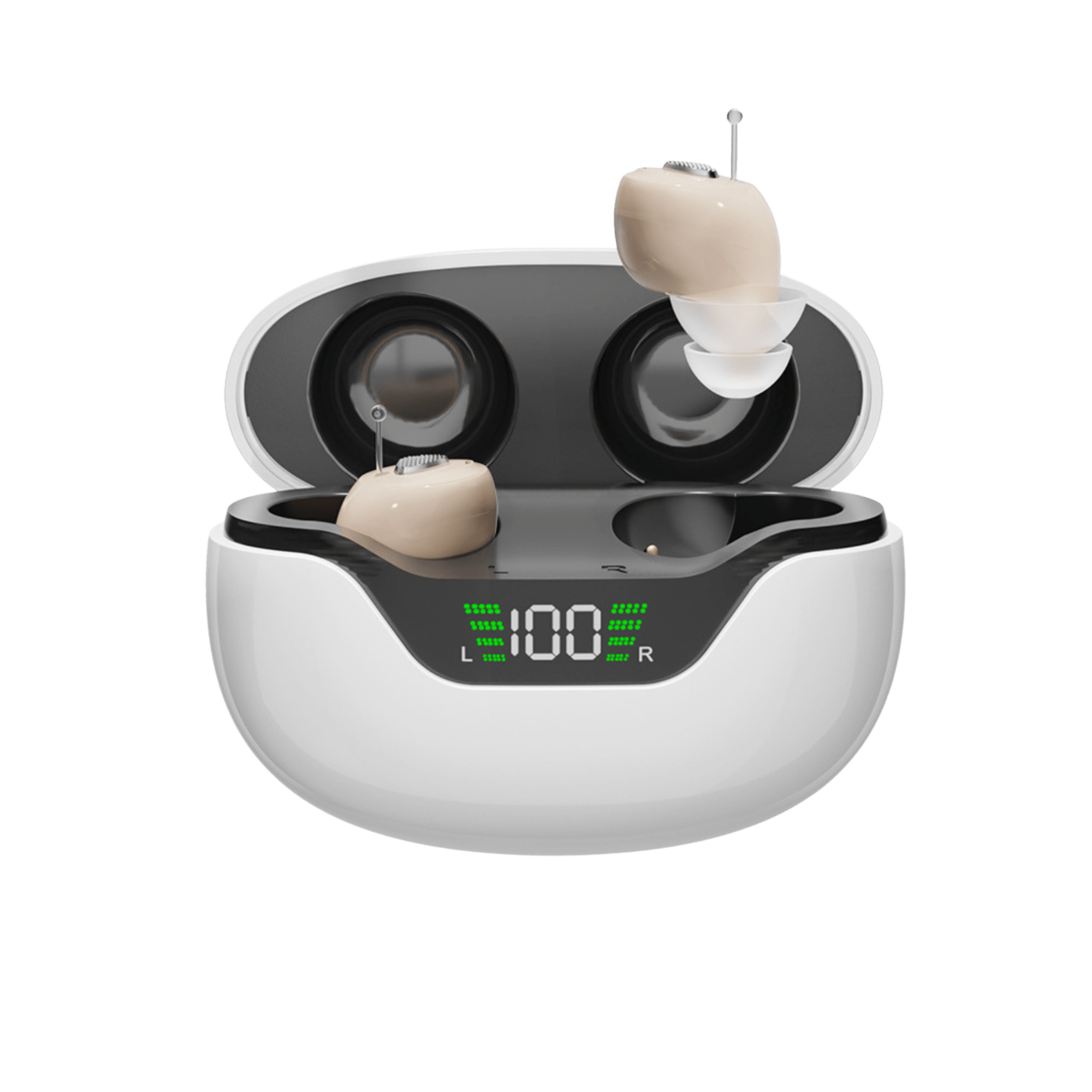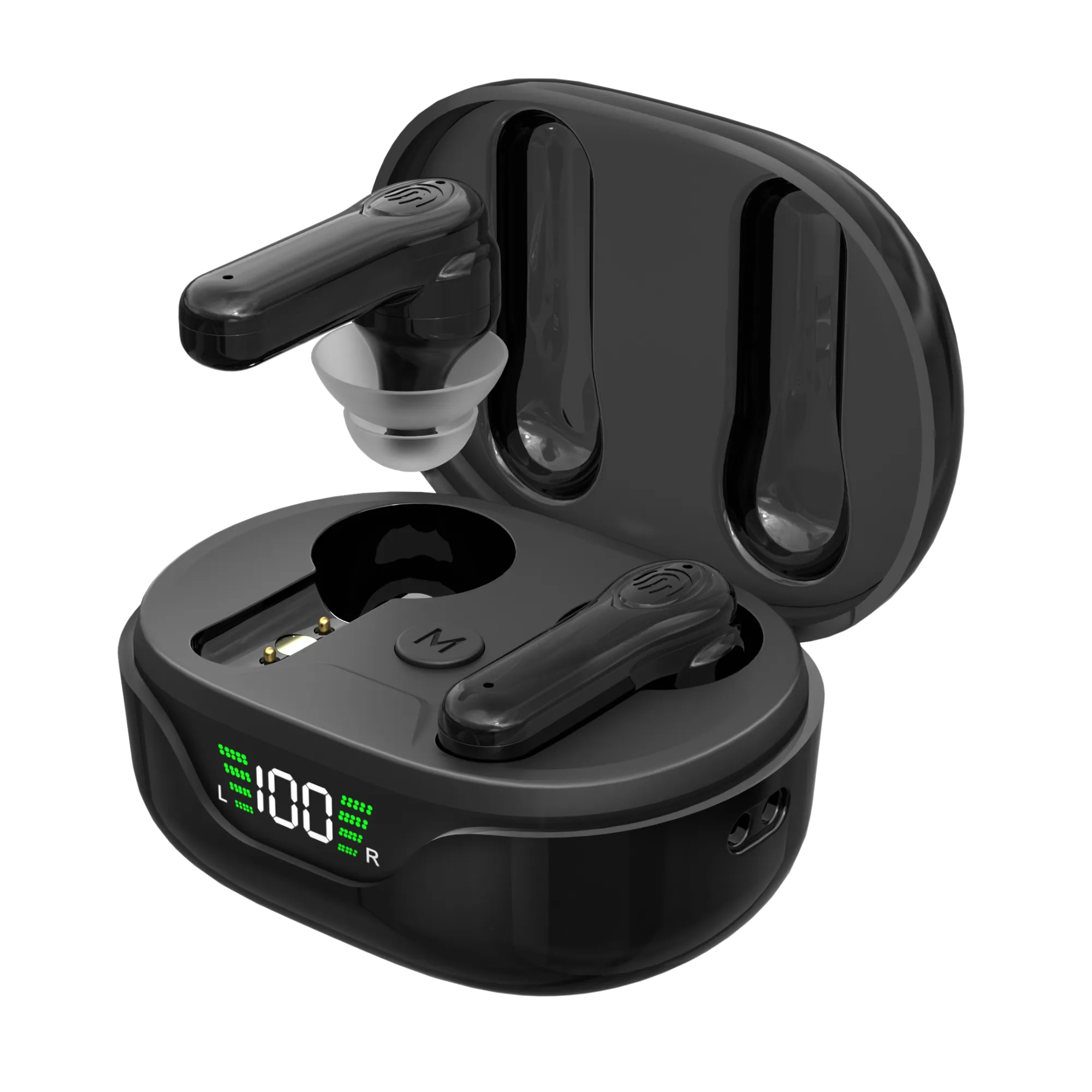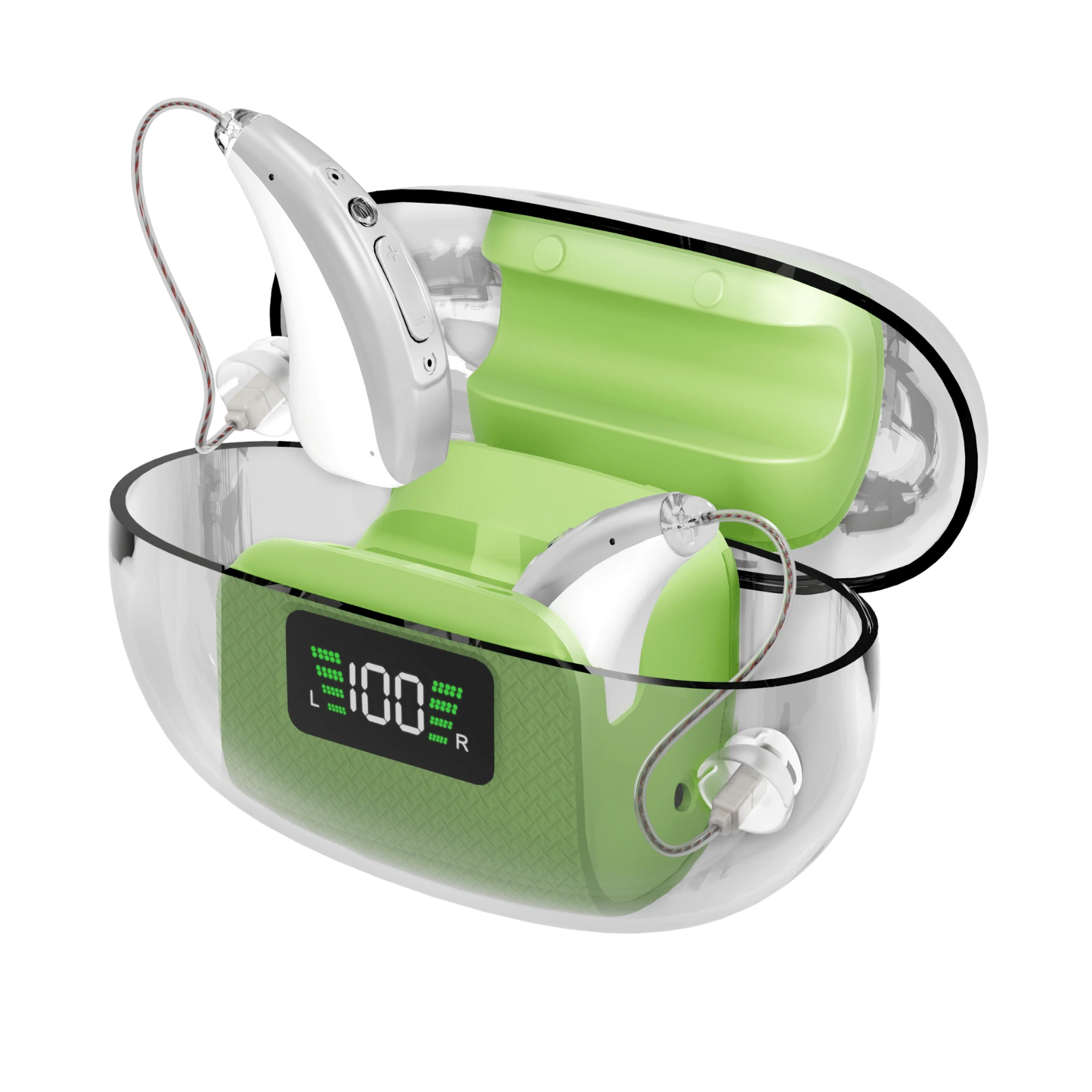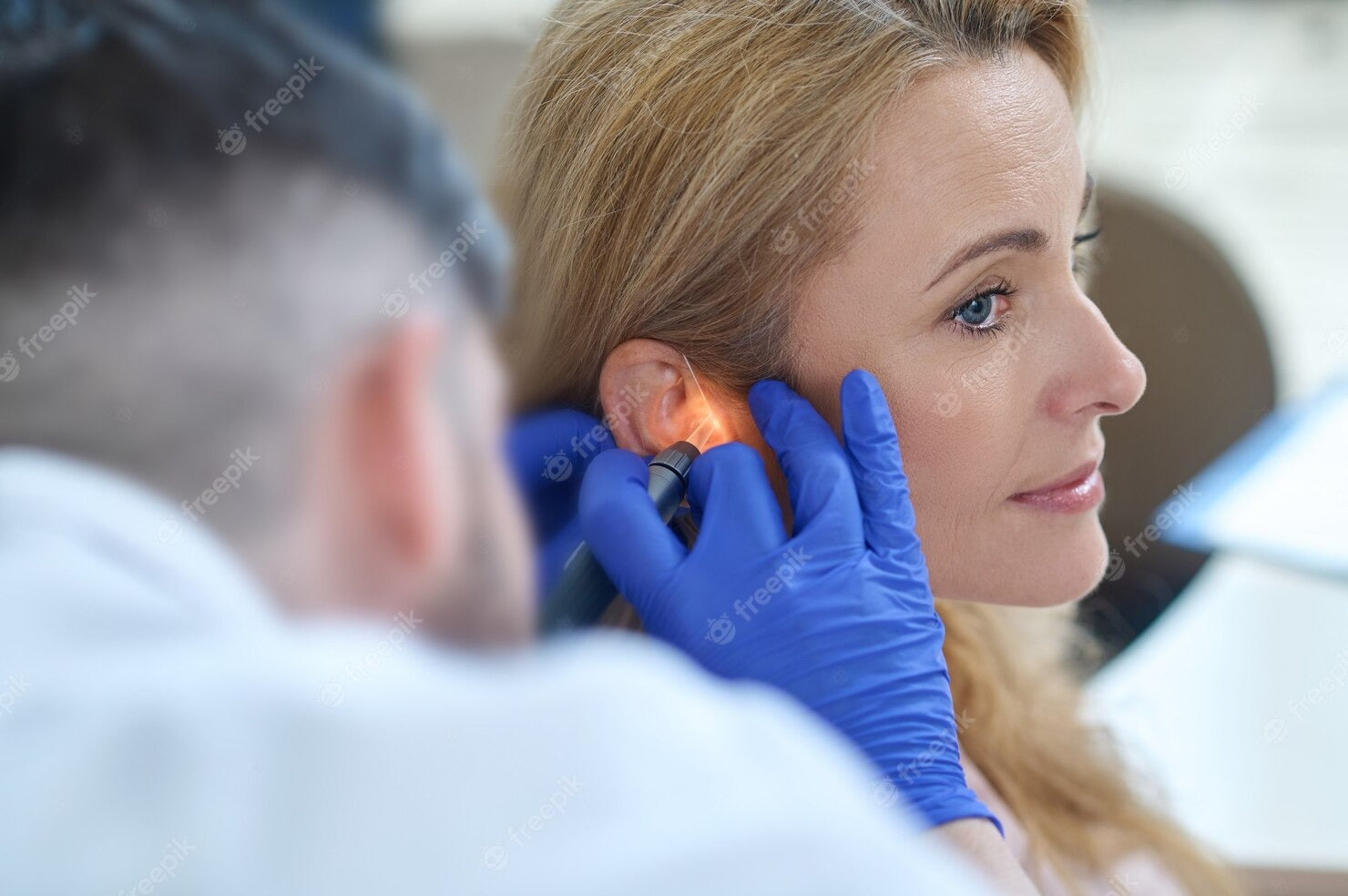Hearing loss is a widespread health problem that affects people all over the world; as a result, a sizeable percentage of the population need hearing aids in order to maintain good communication and quality of life. Nevertheless, there is a significant monetary barrier presented by the expensive nature of these gadgets. This article delves into a variety of fields that may offer coverage for hearing aids, including health programs for senior citizens, employer insurance plans that are self-funded, health research programs that are funded by the government, local or regional health departments, and affordable housing programs for individuals with disabilities.
Our initial focus will be on health initiatives or programs geared toward elderly citizens. Due to the fact that advancing age is one of the primary risk factors for hearing loss, several health programs have been formed to cater to the requirements of the population that is comprised of elderly citizens. For older citizens who are qualified, the Medicaid programs offered in several states of the United States, for instance, reimburse the cost of hearing aids for such seniors. In addition, the Older Americans Act provides funding for programs directed toward elderly citizens, such as access to healthcare and medical equipment. Although it may not cover hearing aids directly, it may be able to lead seniors to other relevant options that do cover hearing aids.
More recently, there have been legislative efforts to include hearing aids in the scope of Medicare coverage, and these efforts have been successful. If the adjustments that have been suggested are approved, it will be a huge step forward in terms of assisting elderly citizens in accessing the essential hearing healthcare.
Let's move on to the next topic and talk about insurance plans for employers that are self-funded. When opposed to traditional insurance, these plans, in which employers take on the direct risk of not being able to pay workers' medical claims, are able to provide a greater degree of flexibility in terms of coverage. Hearing aids may be covered by certain self-funded plans; however, the policies that do so are company-specific and depend on whether or not the plans acknowledge hearing aids as necessary medical devices. It is critical for employers to ensure that their staff carefully reviews the specifics of their benefit plans or consults with their HR departments to obtain appropriate information.
When it comes to health research projects that are supported by the government, the emphasis is typically placed more on expanding our understanding and treatment of illnesses rather than providing direct coverage for devices. For example, the National Institutes of Health (NIH) and its National Institute on Deafness and Other Communication Disorders (NIDCD) fund a significant amount of research into various aspects of hearing impairment. Even while these programs might not directly support hearing aids, they play a significant role in the development of new technologies that are both more cost-effective and less expensive, which could someday make hearing aids more accessible.
Now, let's talk about the function that is served by the municipal or regional health department. A good number of these departments provide programs that can help residents with their medical requirements. Hearing aids may be provided to residents by some of the assistance programs, or residents may be directed to other sources of hearing aids by others. For instance, several county health departments in the United States have teamed with community groups or companies in order to provide citizens who meet certain requirements lower prices on hearing aids.
In the last part of this article, we discuss how hearing aid coverage and affordable housing programs for people with disabilities connect with one another. Although the primary objective of programs that provide inexpensive housing is to meet residents' housing requirements, these programs frequently take into account the inhabitants' wider health requirements. Some programs may feature provisions that help residents gain access to medical equipment, such as hearing aids, while other programs may be able to direct residents to the resources that are most relevant to their needs.
In addition, several of these programs are dependent on the participation in other kinds of financial aid. As one illustration, the Department of Housing and Urban Development (HUD) of the United States government provides financial help to disabled people living on low incomes who need housing. People who are helped by HUD programs may also be eligible for Medicaid, which has the potential to fund hearing aids for those who qualify.
In summing up, the landscape of hearing aid coverage is expansive and features a wide variety of options. There are a variety of distinct roles that may be played in this domain, including those of health programs for seniors, workplace insurance that is self-funded, research that is government-funded, municipal health departments, and affordable housing programs. Even if hearing aids aren't immediately covered by every option, each one helps make it possible for more people to get their hands on these life-changing equipment.
A lower quality of life is not necessarily associated with having hearing loss. People who are struggling financially have access to a wide variety of possible resources, giving them a variety of options to investigate. Being proactive and knowledgeable is the key to improving your hearing health, and we hope that this information will assist you in navigating the path toward greater hearing health.
Our initial focus will be on health initiatives or programs geared toward elderly citizens. Due to the fact that advancing age is one of the primary risk factors for hearing loss, several health programs have been formed to cater to the requirements of the population that is comprised of elderly citizens. For older citizens who are qualified, the Medicaid programs offered in several states of the United States, for instance, reimburse the cost of hearing aids for such seniors. In addition, the Older Americans Act provides funding for programs directed toward elderly citizens, such as access to healthcare and medical equipment. Although it may not cover hearing aids directly, it may be able to lead seniors to other relevant options that do cover hearing aids.
More recently, there have been legislative efforts to include hearing aids in the scope of Medicare coverage, and these efforts have been successful. If the adjustments that have been suggested are approved, it will be a huge step forward in terms of assisting elderly citizens in accessing the essential hearing healthcare.
Let's move on to the next topic and talk about insurance plans for employers that are self-funded. When opposed to traditional insurance, these plans, in which employers take on the direct risk of not being able to pay workers' medical claims, are able to provide a greater degree of flexibility in terms of coverage. Hearing aids may be covered by certain self-funded plans; however, the policies that do so are company-specific and depend on whether or not the plans acknowledge hearing aids as necessary medical devices. It is critical for employers to ensure that their staff carefully reviews the specifics of their benefit plans or consults with their HR departments to obtain appropriate information.
When it comes to health research projects that are supported by the government, the emphasis is typically placed more on expanding our understanding and treatment of illnesses rather than providing direct coverage for devices. For example, the National Institutes of Health (NIH) and its National Institute on Deafness and Other Communication Disorders (NIDCD) fund a significant amount of research into various aspects of hearing impairment. Even while these programs might not directly support hearing aids, they play a significant role in the development of new technologies that are both more cost-effective and less expensive, which could someday make hearing aids more accessible.
Now, let's talk about the function that is served by the municipal or regional health department. A good number of these departments provide programs that can help residents with their medical requirements. Hearing aids may be provided to residents by some of the assistance programs, or residents may be directed to other sources of hearing aids by others. For instance, several county health departments in the United States have teamed with community groups or companies in order to provide citizens who meet certain requirements lower prices on hearing aids.
In the last part of this article, we discuss how hearing aid coverage and affordable housing programs for people with disabilities connect with one another. Although the primary objective of programs that provide inexpensive housing is to meet residents' housing requirements, these programs frequently take into account the inhabitants' wider health requirements. Some programs may feature provisions that help residents gain access to medical equipment, such as hearing aids, while other programs may be able to direct residents to the resources that are most relevant to their needs.
In addition, several of these programs are dependent on the participation in other kinds of financial aid. As one illustration, the Department of Housing and Urban Development (HUD) of the United States government provides financial help to disabled people living on low incomes who need housing. People who are helped by HUD programs may also be eligible for Medicaid, which has the potential to fund hearing aids for those who qualify.
In summing up, the landscape of hearing aid coverage is expansive and features a wide variety of options. There are a variety of distinct roles that may be played in this domain, including those of health programs for seniors, workplace insurance that is self-funded, research that is government-funded, municipal health departments, and affordable housing programs. Even if hearing aids aren't immediately covered by every option, each one helps make it possible for more people to get their hands on these life-changing equipment.
A lower quality of life is not necessarily associated with having hearing loss. People who are struggling financially have access to a wide variety of possible resources, giving them a variety of options to investigate. Being proactive and knowledgeable is the key to improving your hearing health, and we hope that this information will assist you in navigating the path toward greater hearing health.
